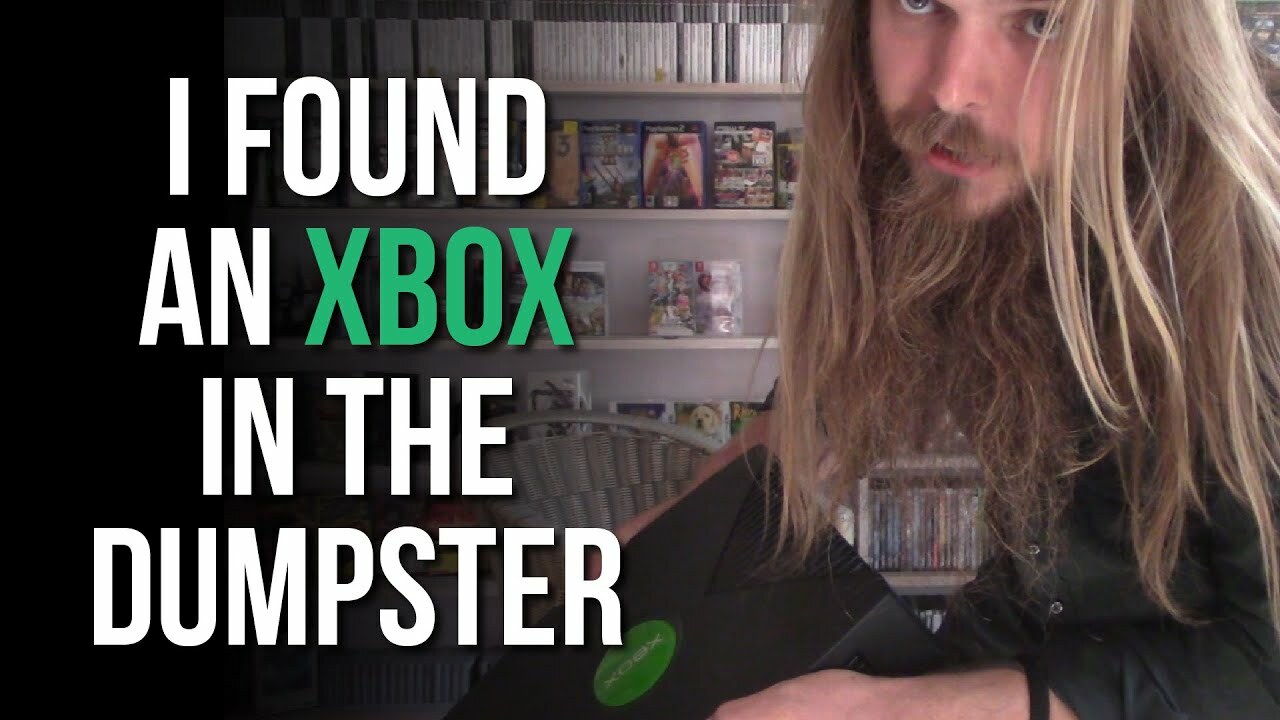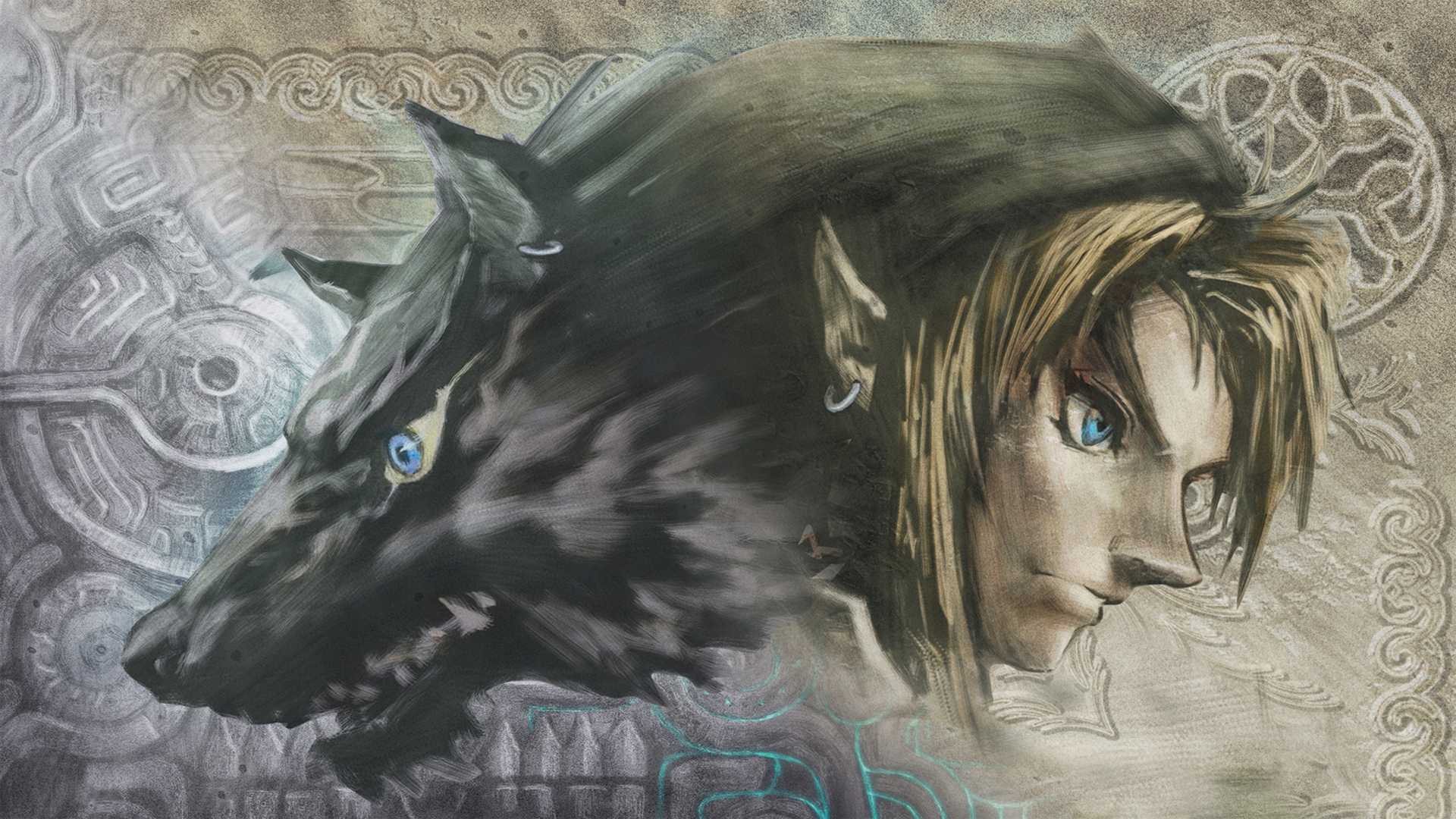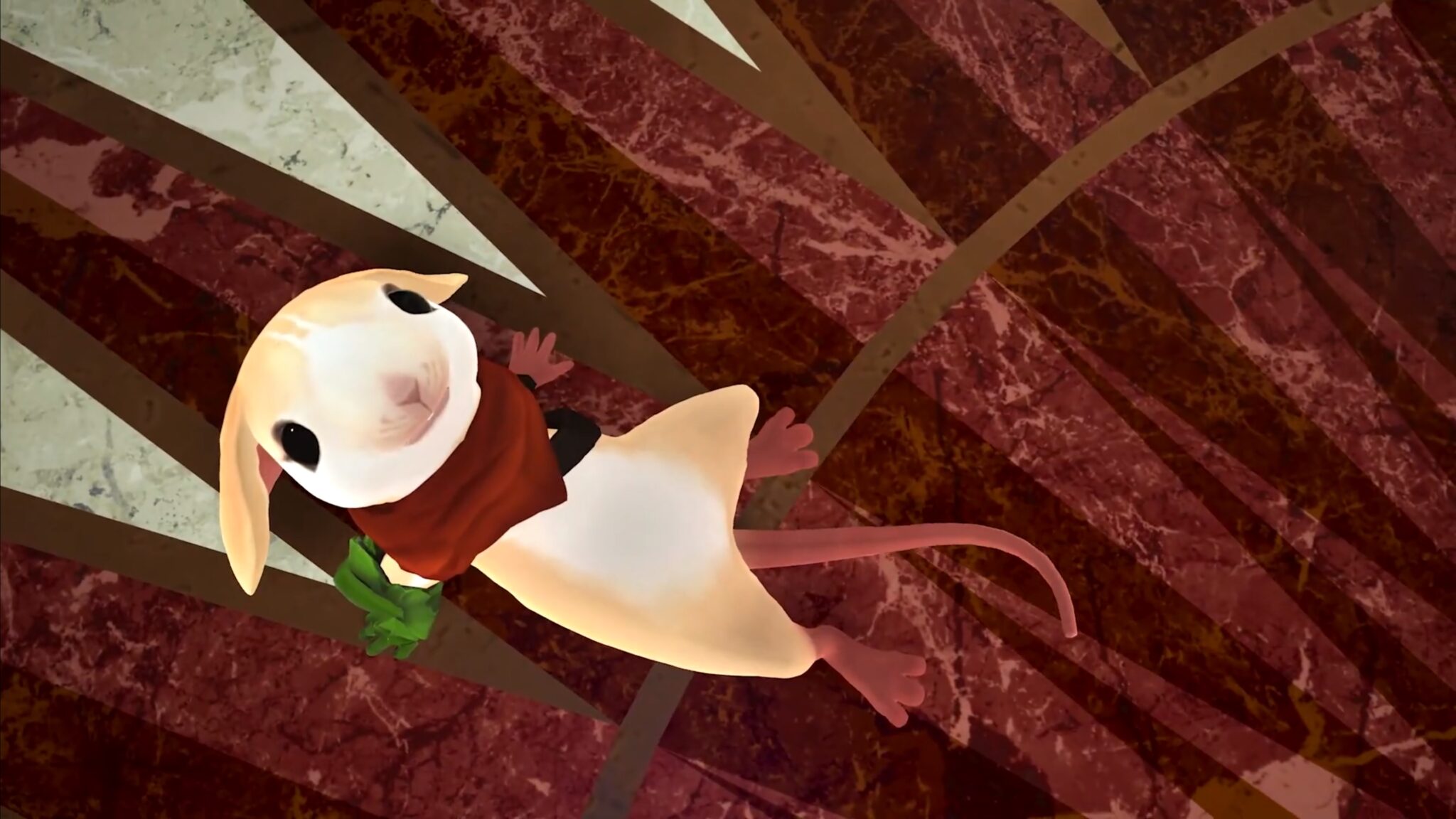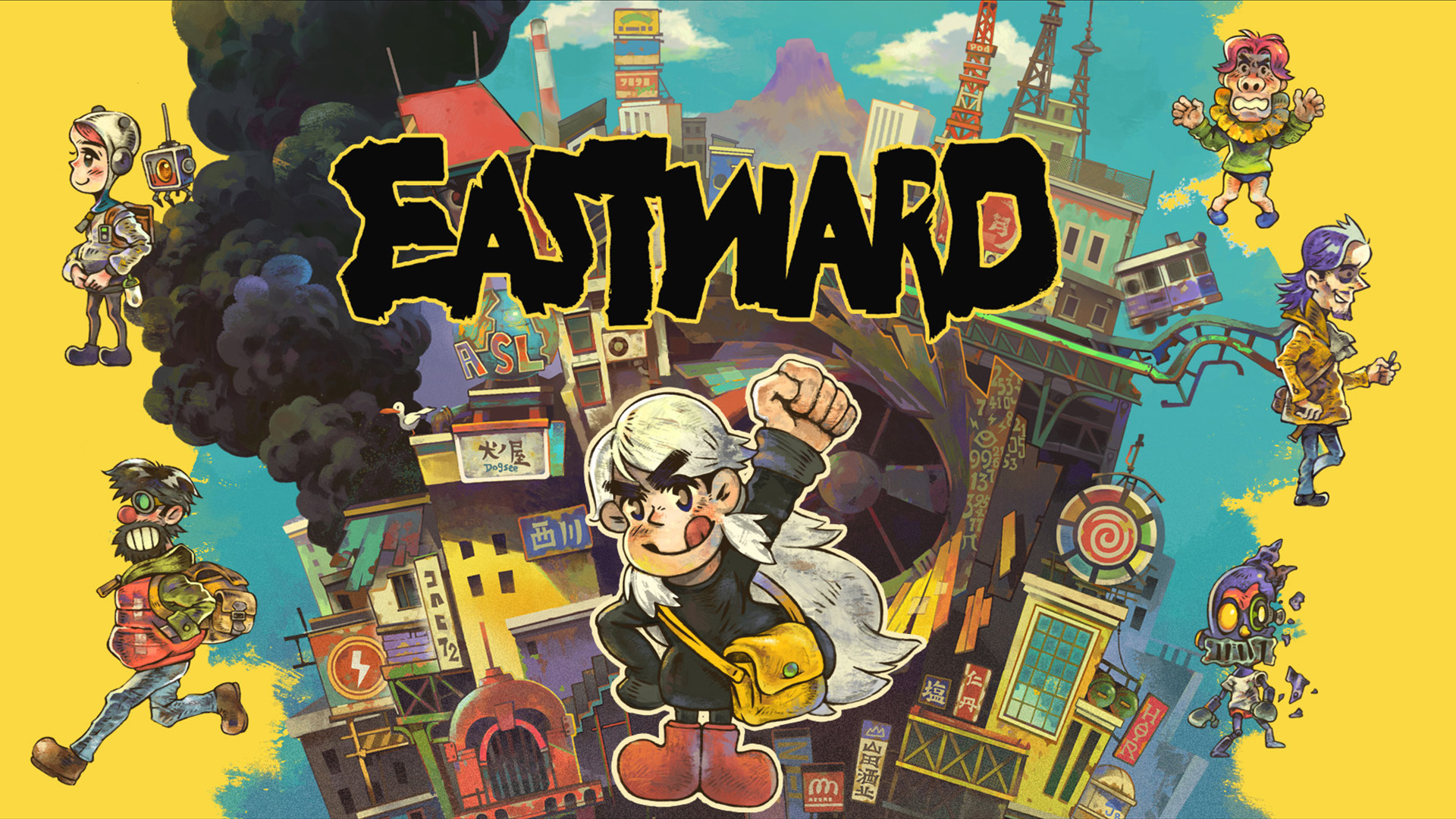Share
Forgetting where you came from
If you’ve been keeping up with PlayStation this last year, recent news that Sony is closing down their old stores for PS3, PSP, and Vita should come as little surprise. Having removed all but PS4 and PS5 games from their web store back in October, the writing was on the wall, and news was officially confirmed last week. While players can continue redownloading their existing libraries, PS3 owners have until 2nd July to buy anything new, and Vita owners have a slightly longer deadline until 27th August.
Put simply, it is a massive blow for games preservation, as this delisting means we’re saying goodbye to some fantastic games that never saw a physical release. 2,200 games will disappear, including numerous PS One and PS2 Classics which are unavailable on modern platforms, leaving players with no legal means of accessing them outside (often expensive) old physical copies. As for original releases, 138 games are disappearing forever, and if you don’t count games with limited physical copies, that includes big names like Tokyo Jungle, Infamous: Festival of Blood, and MotorStorm RC.
All this makes one thing clear: Sony aren’t interested in preserving their history, and sadly, that’s reflective of Sony Interactive Entertainment’s current President and CEO, Jim Ryan. Before he became CEO, he had some troubling words back in 2017, stating “When we’ve dabbled with backwards compatibility, I can say it is one of those features that is much requested, but not actually used much. That, and I was at a Gran Turismo event recently where they had PS1, PS2, PS3 and PS4 games, and the PS1 and the PS2 games, they looked ancient, like why would anybody play this?”

You can see his views are reflective of Sony’s current attitude towards backwards compatibility. Though the PS5 features significant support for PS4 games, a select few aren’t playable at all. PS3 experiences which didn’t get ported/remastered on PS4 are only available through their cloud gaming subscription service, PlayStation Now, alongside a limited set of PS2 re-releases they’d emulated. If you had the original game discs, too bad. Your options were either relying on your internet connection or rebuying them.
It’s a far cry from Microsoft’s recent efforts, who’ve made great efforts to ensure backwards compatibility is available on Xbox Series X/S. While Xbox One games are fully playable, a large selection of Xbox 360 games can also be accessed directly through your old discs, alongside an (admittedly smaller) selection of original Xbox games. They’re even undertaking a Beta test currently to let you play them via cloud gaming too, giving us greater choice. When 20-year-old console games are still accessible in a manner comparable to PC gaming, Microsoft frankly puts Sony to shame.
Astro’s Playroom’s Curious Celebration
Sony’s approach makes Astro’s Playroom an absolute anomaly in Sony’s wider plan. If you aren’t familiar, this 3D platformer is a free pack-in game on each PS5 console, developed by Japan Studio’s Asobi Team. A sequel of sorts to PlayStation VR’s Astro Bot Rescue Mission, it also serves as a free tech demo for Sony’s new DualSense controller’s functionality, including their much-touted haptic feedback. There’s no real story here, and each world takes us on an adventure based off four of the PS5’s key component: It’s not a long experience, taking several hours to complete, but it brought us a refreshingly nostalgic experience and reviewed positively.

When I say nostalgic, well, the game couldn’t be a more blatant love letter to Sony’s past if Asobi Team tried. Astro’s Playroom does this in several ways, and though it ends by looking to the PS5’s future, these four worlds are absolutely packed with references to Sony’s major franchises. Whether that’s a bot playing “Bot of War”, a film crew covering the cutesy equivalent of Bloodborne’s The Hunter, bot Aloy doing some archery, or direct homages to Crash Bandicoot, Ape Escape, and more, Sony fans of all varieties will find something here.
Adding to this further, each world is steeped with hidden collectables and that includes artifacts, 3D representations of real-world consoles and accessories. You’ll obtain each major console (handhelds aside) by finishing worlds, but these artifacts also cover their different iterations and memorable devices like the EyeToy Cameras, Buzz controllers and original PS1 memory cards. Letting you directly interact with them, that’s not forgetting more obscure accessories like the PS Move Shooting Attachment either, and Asobi Team replicated all of these with great attention to detail.
Once collected, you could view them in the “PlayStation Labo” area, which serves as a virtual gallery for PlayStation’s past. That’s also home to a mural, offering a stunning art piece that goes from the original PS1 to the PS4. To fully admire this, every world also hides a set of collectable puzzle pieces, which gradually add to the mural until completion. Even if 3D platformers aren’t your speed or haptic feedback (which can be reduced or turned off) proved uncomfortable, Astro’s Playroom marked a wonderful pack-in title that actively cherishes Sony’s rich history in gaming.

To go from such a colourful celebration of Sony’s history to these store closures sends a very mixed message. Astro’s Playroom becomes more of a museum – which admittedly doesn’t require active maintenance like these stores do – but it’s a stark reminder that Sony is a business first, one that’s willing to sacrifice their history in order to keep up profit margins. When you consider Japan Studio – one of Sony’s longest standing studios that brought us hits like Ape Escape, LocoRoco, Patapon and Gravity Rush – has recently seen major departures because they weren’t profitable enough, that reality hits hard.
Thankfully, Asobi Team remain safe, and Japan Studio is being restructured to build upon Astro Playroom’s popularity. It’s unlikely a follow-up will act as a similar love letter – and with a PSVR successor coming to PS5, I’d place my bets on Astro Bot Rescue Mission 2 – but Playroom wonderfully encapsulates PlayStation’s legacy. Unfortunately, that doesn’t mean much if Sony’s willing to let a large chunk of their history disappear, and while technology will always move on, this highlights how woeful Sony’s approach to their back catalogue is compared to Microsoft. Even if you don’t use your PS3/PSP/Vita much anymore, we’re about to lose some truly fantastic games, and that’s a terrible loss.




